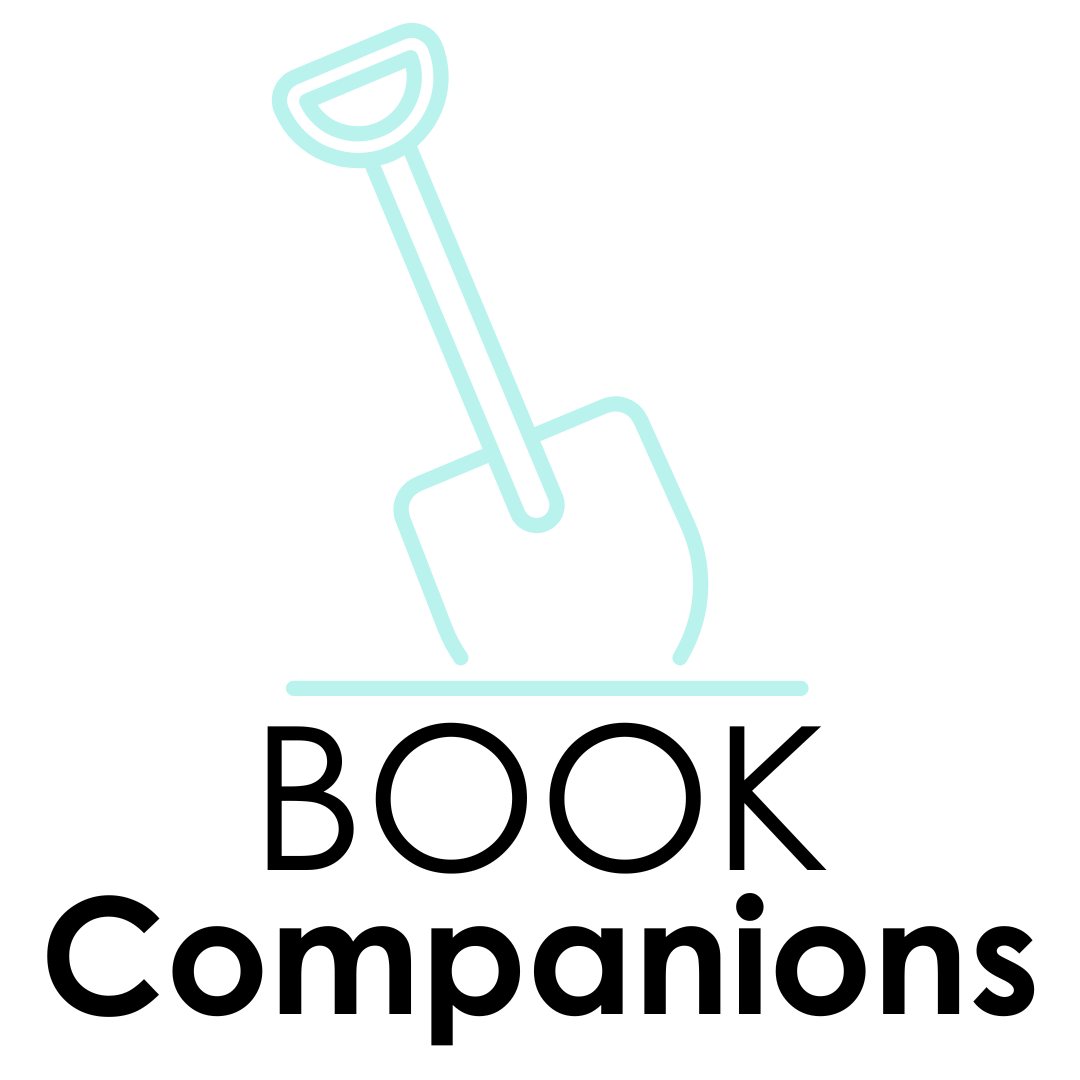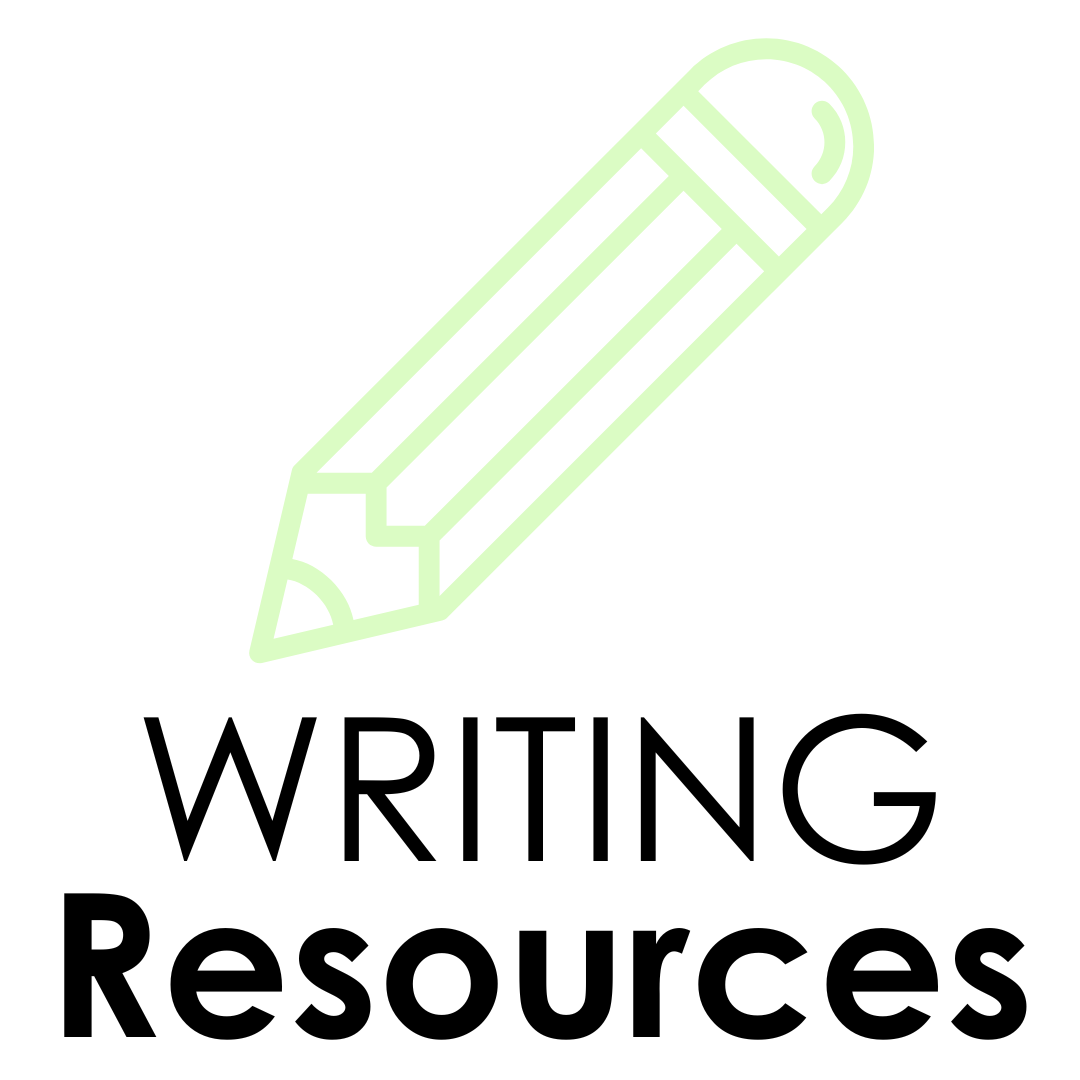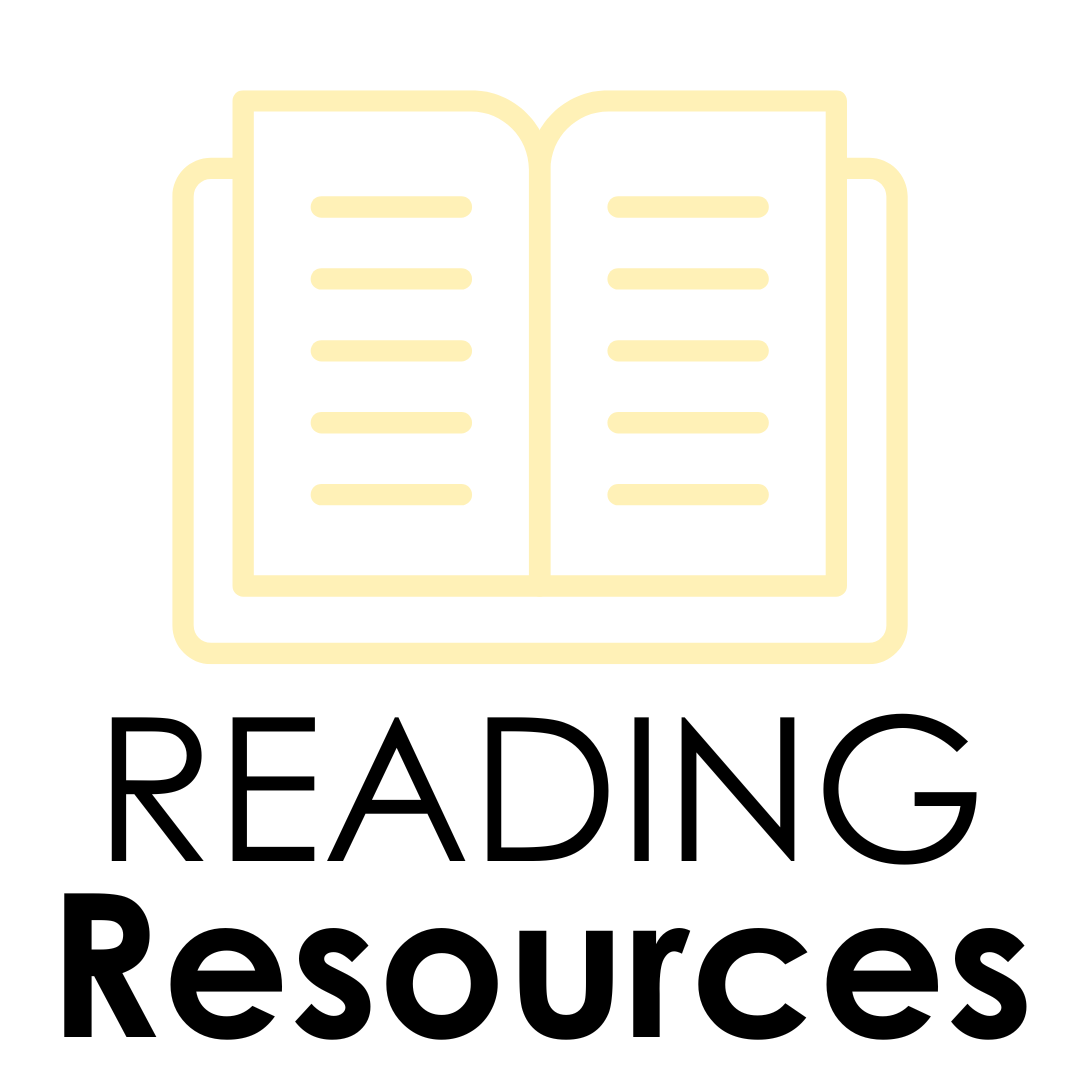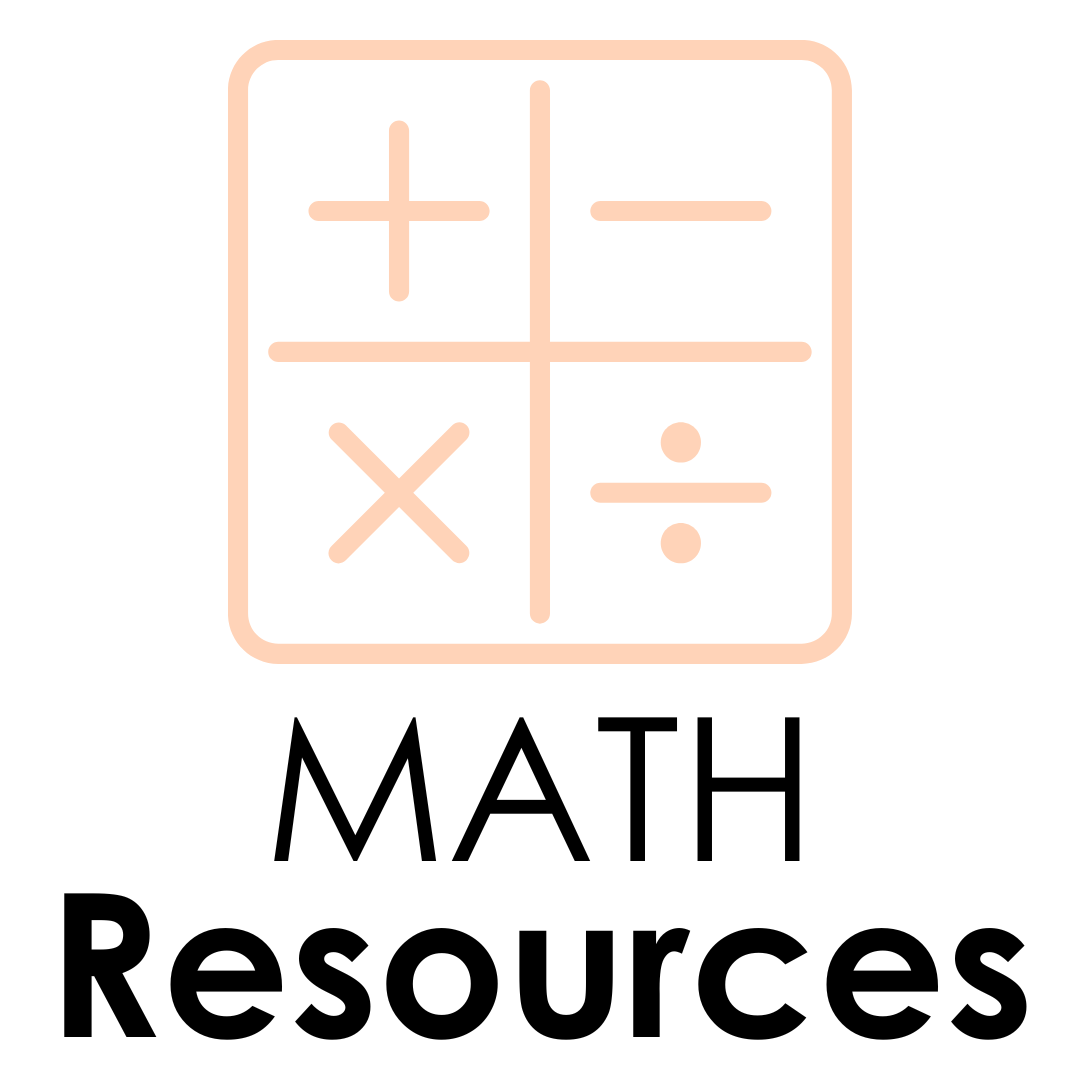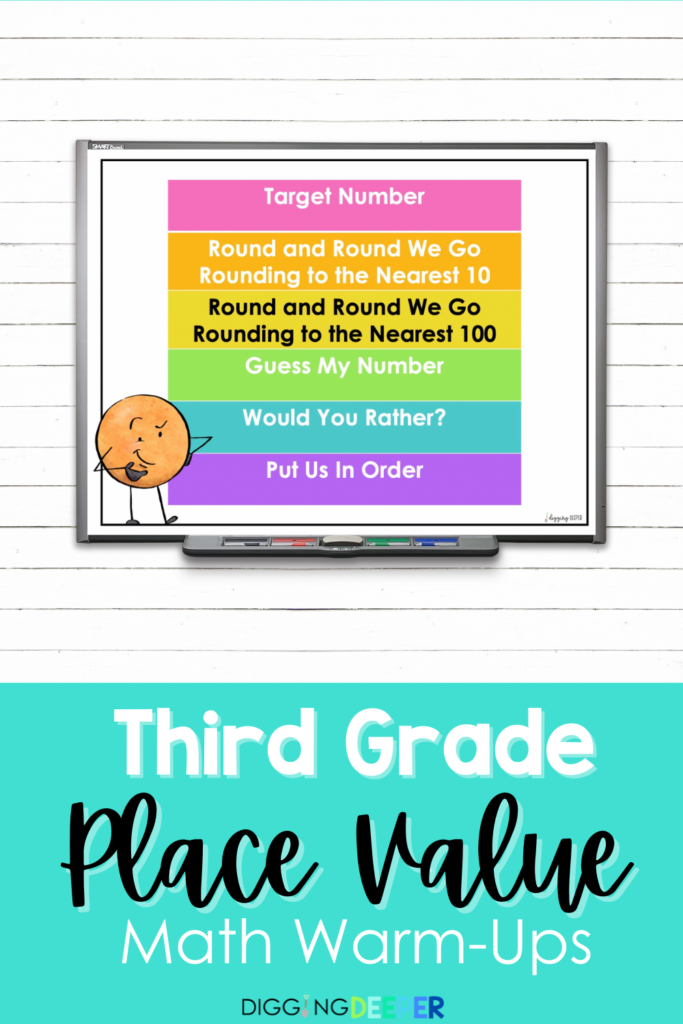I certified in Literacy: Reading and Language Arts in 2017. This is one accomplishment that I am very proud of but it was also one of the hardest things I have ever done. The idea that only “40% pass their first attempt” was always in the back of my mind.
While I was working, I found very little support online. The project requirements were daunting and it was very easy to get overwhelmed. I consider the following resources to be “must haves” for the National Board process (Literacy). I consulted these 4 books daily as I was working.

Successful Strategies for Pursuing National Board Certification By: Bobbie Faulkner
These books were my “go-to” guides for completing the process. There is a book for Components 1 & 2 and another book for Components 3 & 4. Her books are up to date with the new requirements for NB Certification.
The cool thing about her books is that they apply to ALL certificate areas. She often adds special notes to particular certificates when needed. If you stumbled upon this blog post because you were seeking tips or advice for getting started… that’s what her first THREE chapters are about! I found myself going back to these books often when I found the directions to be confusing.
And, if you have read the directions… you know they are confusing.
Her books broke down each component and explained the requirements in detail. She helps to break down the “gray” areas to make things more black and white. Inside the books there are numerous strategies to make your NB project the best it can be. There are sentence starters and writing suggestions because the National Board writing style is unlike any other. Her tips are invaluable.
As I mentioned in my previous NB post, The author advices participates in the FB group: National Board Certified Teacher. If you are a candidate, do yourself a favor & join this group. She comments on posts all the time and her responses are very helpful.
The Reading Strategies Book By: Jennifer Serravallo
These next two suggestions are specific to my certificate area (Literacy: Reading and Language Arts). If this is your area, I feel like these books are a necessity. In Component 3 I had to video a reading lesson and in component 4 I had to develop and teach a mini reading unit. The Reading Strategy Book was very helpful to me for both of these components.
The first half of this book focuses on fiction and the second half is nonfiction. Each chapter of the book is devoted to a different component of each genre. For example, the fiction section has chapters on plot, setting, characters, and themes.
My focus for my mini-unit was finding theme. I consulted the Theme chapter heavily while I was writing my project. There were different strategies for the different levels of reading my students were at, which was important for differentiation. The beginning of the chapter has a few pages about the importance of teaching theme. This was very helpful for me to read prior to teaching the mini-unit to my students.
Her book also has prompts for teachers which are helpful when planning for component 3 & the video. Her prompts are great at eliciting student response & encouraging them to dig deeper into the text.
The Writing Strategies Book By: Jennifer Serravallo
Component 2 is all about differentiation within the writing classroom. I am a third grade teacher so I have a range of writers from illegible writing with no focus all the way to… clear, concise sentences filled with details. Differentiation is key, but also very tricky.
I consulted The Writing Strategies Book many times throughout my journey. I would search here for strategies (of course) for the varying levels of writers in my classroom. Many times I found that my thinking aligned with the suggestions in the book which made me feel that I was on the right track.
In component 2, you’ll have to show how you helped your chosen student or students grow as writers. You’ll have to search for weaknesses & strengths in their writing and demonstrate how you will help them improve in both areas. The writing book provides so many teaching ideas for helping students with every aspect of writing.
I accomplished National Board Certification within 1 year and I feel that these 4 resources contributed greatly to my success.

